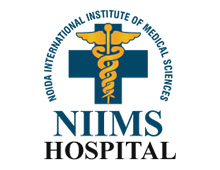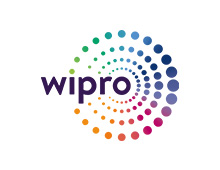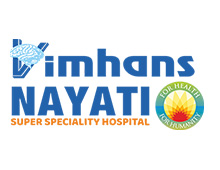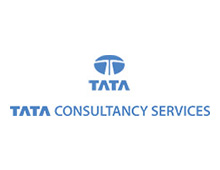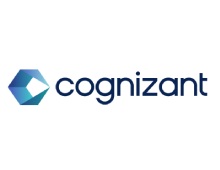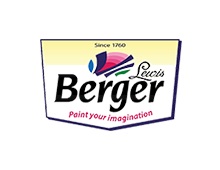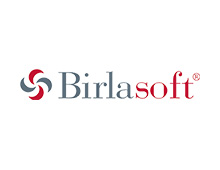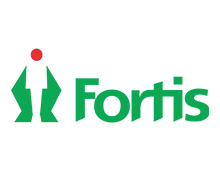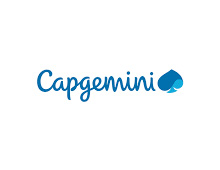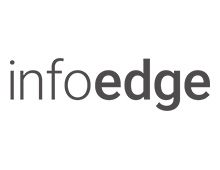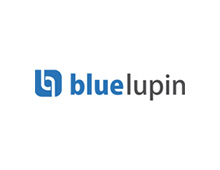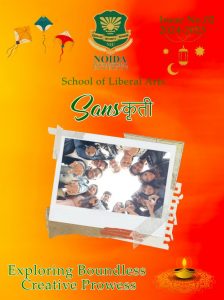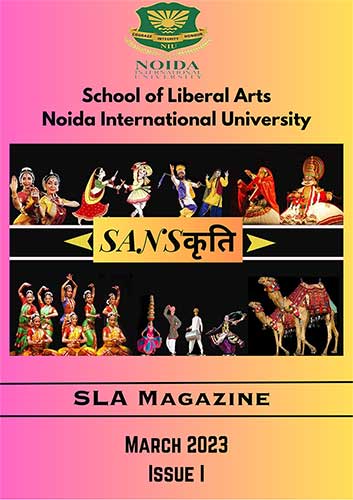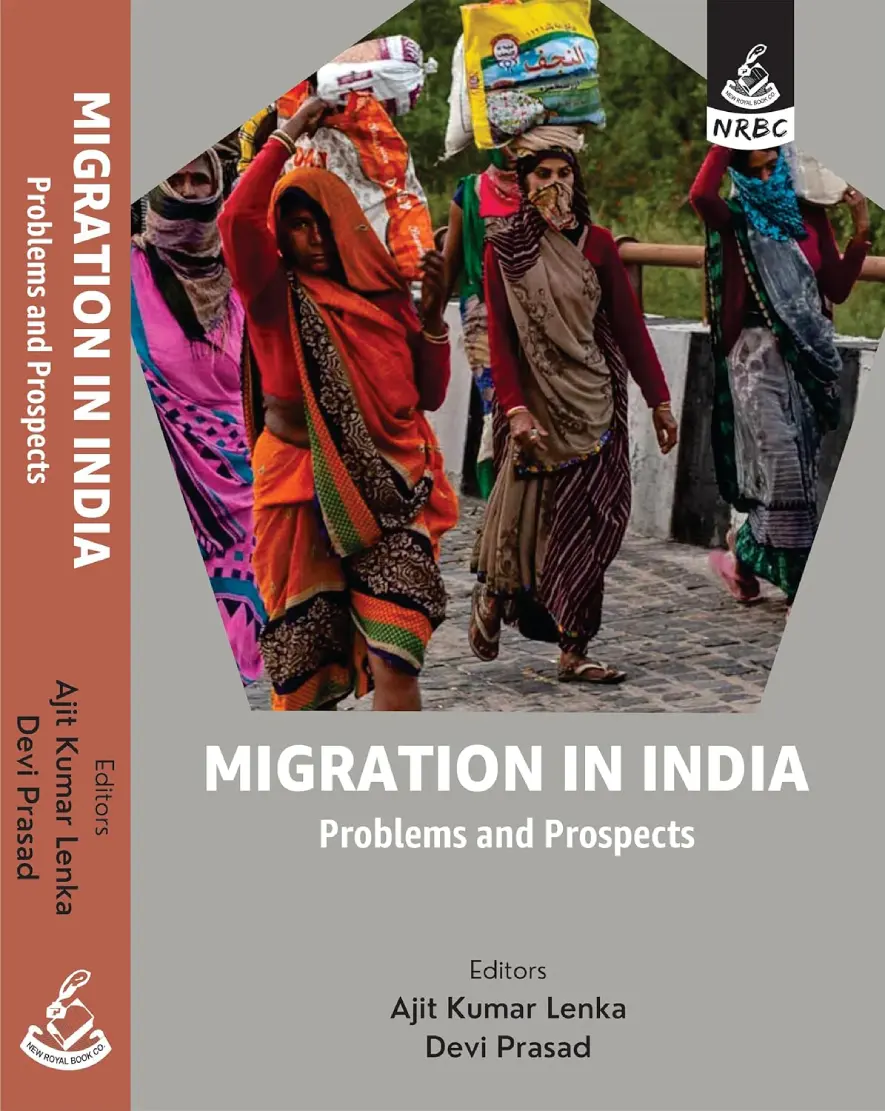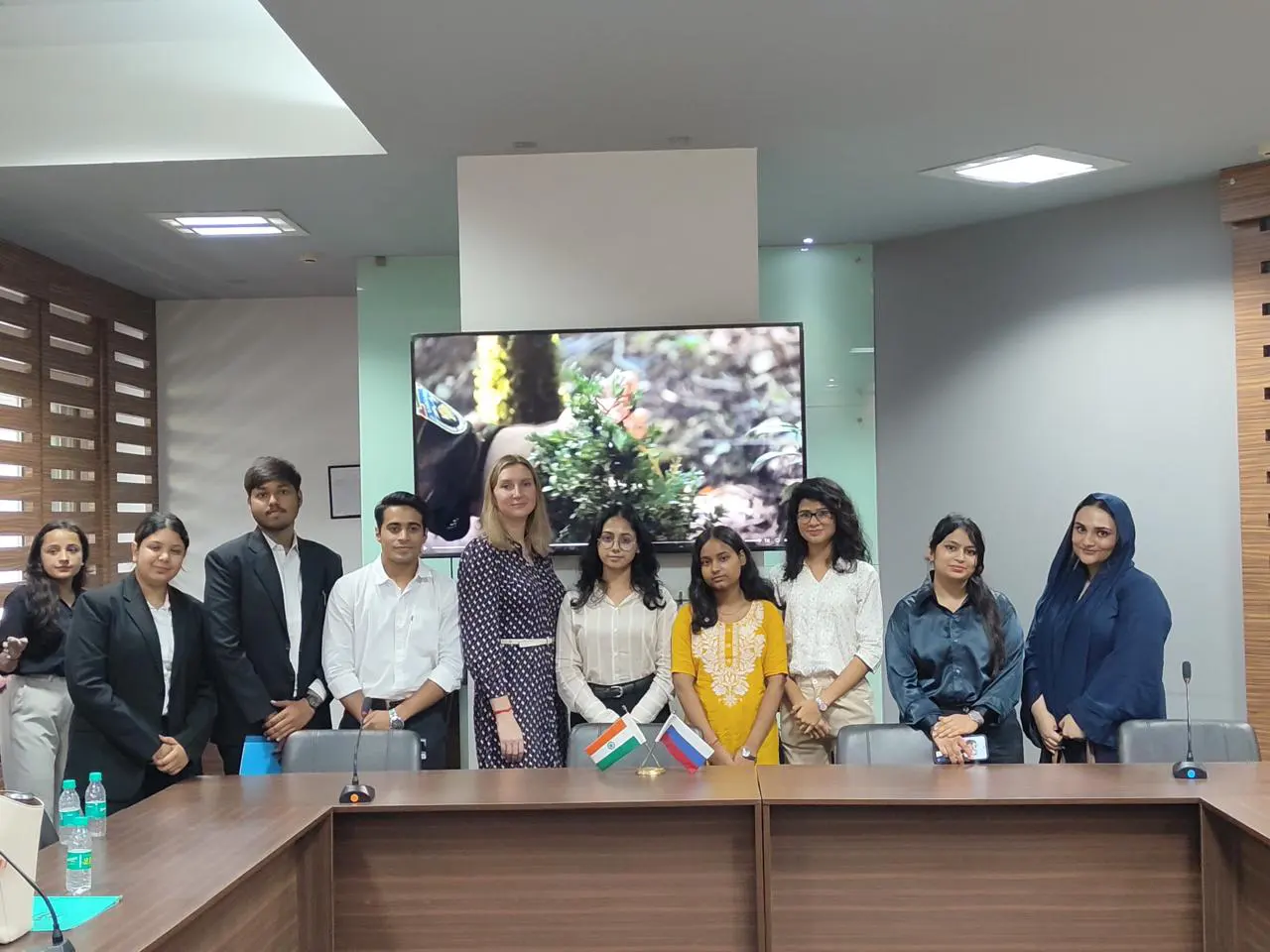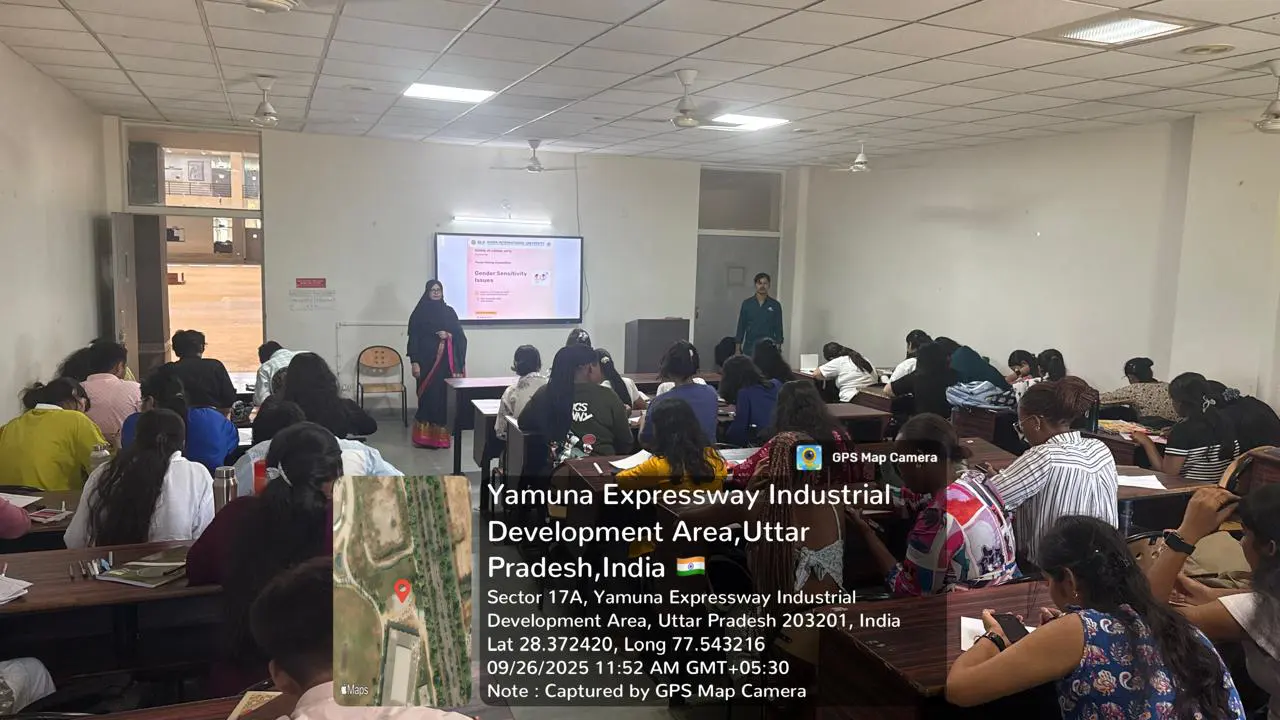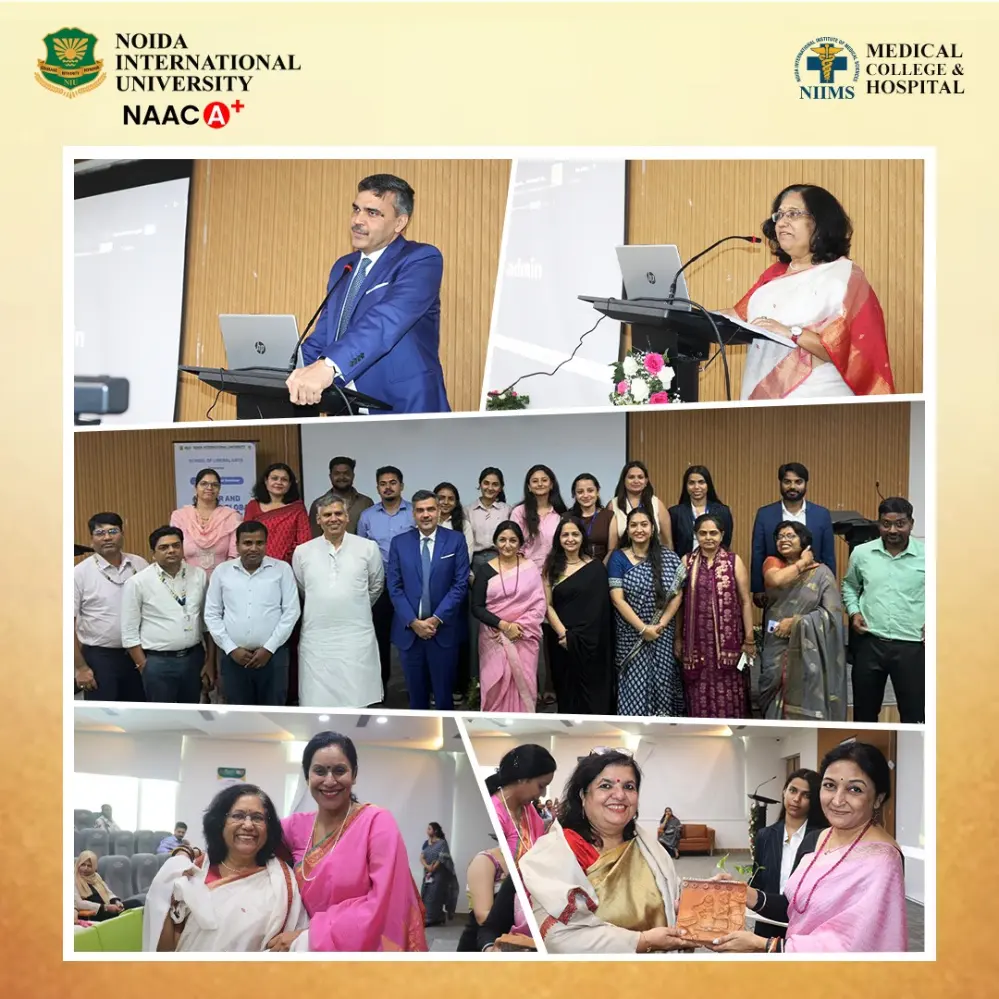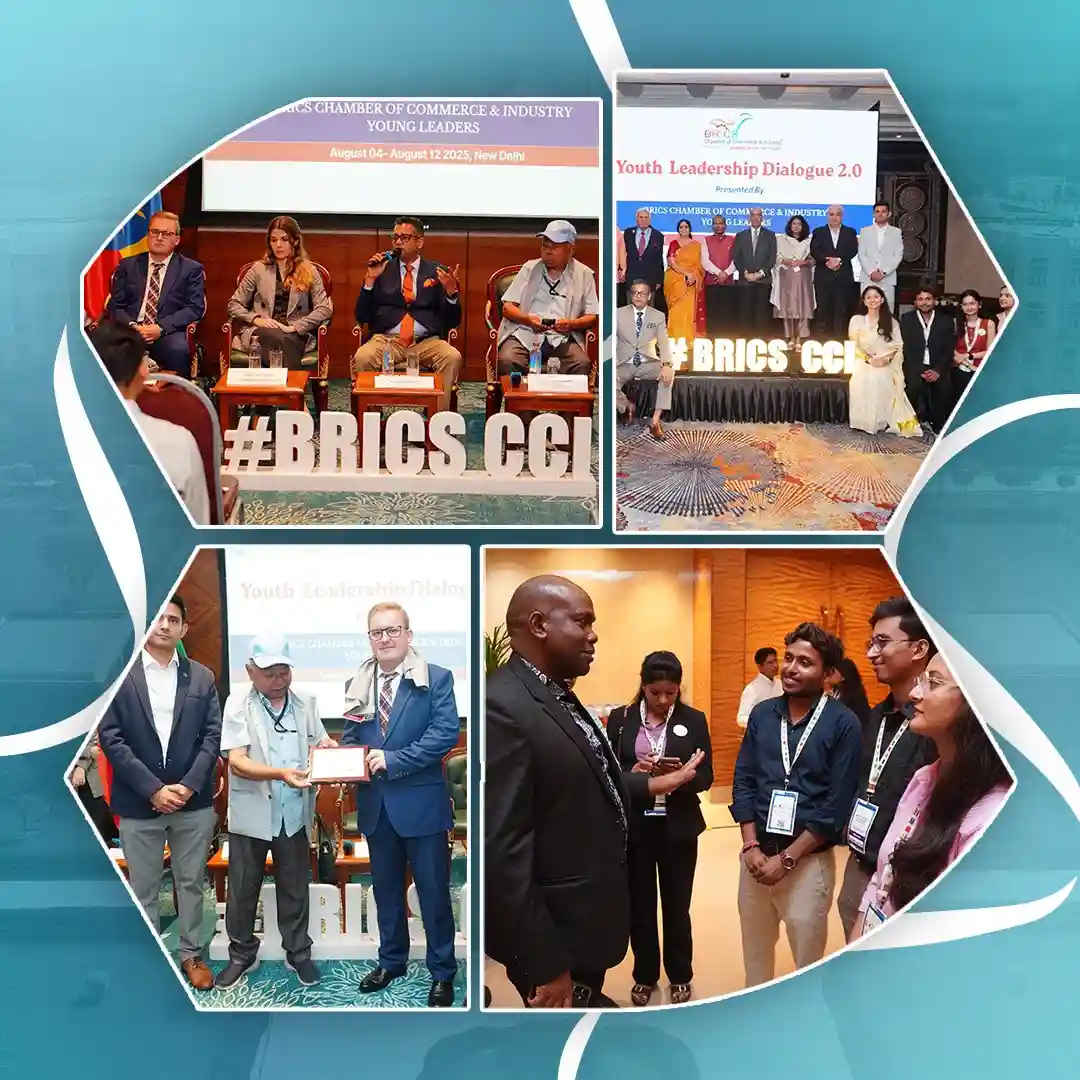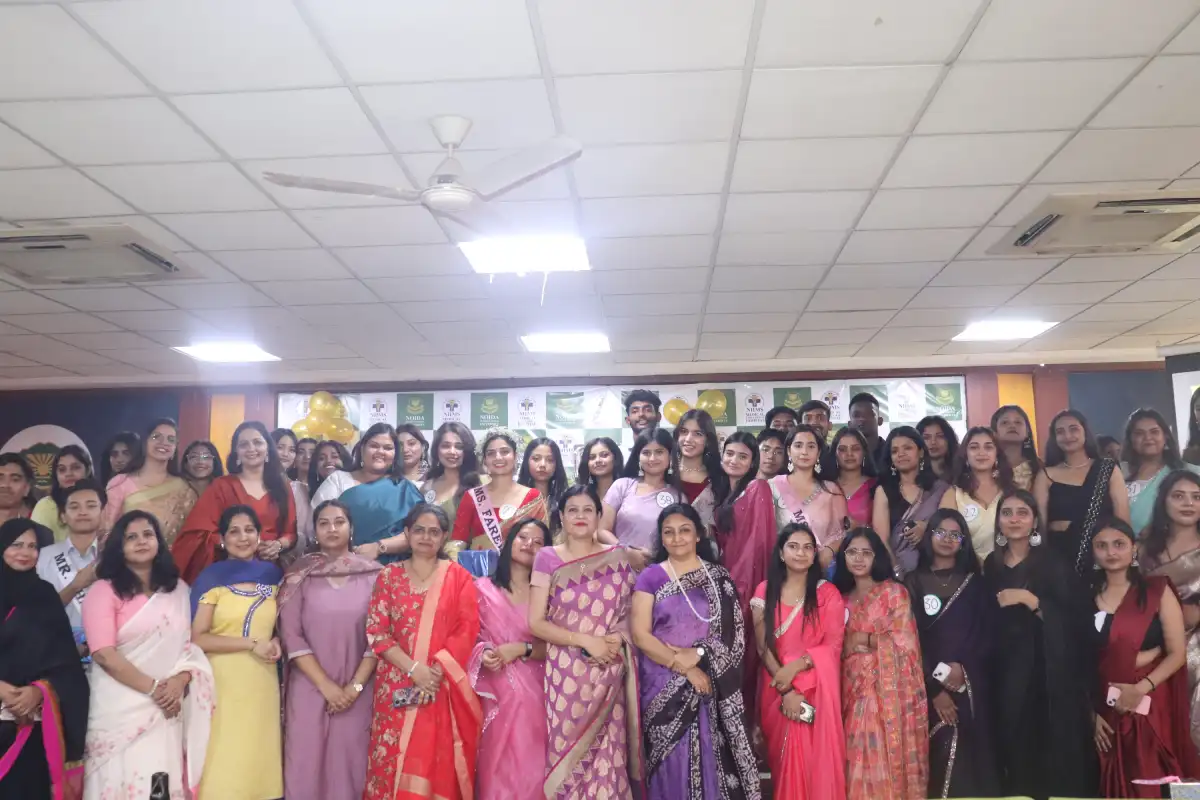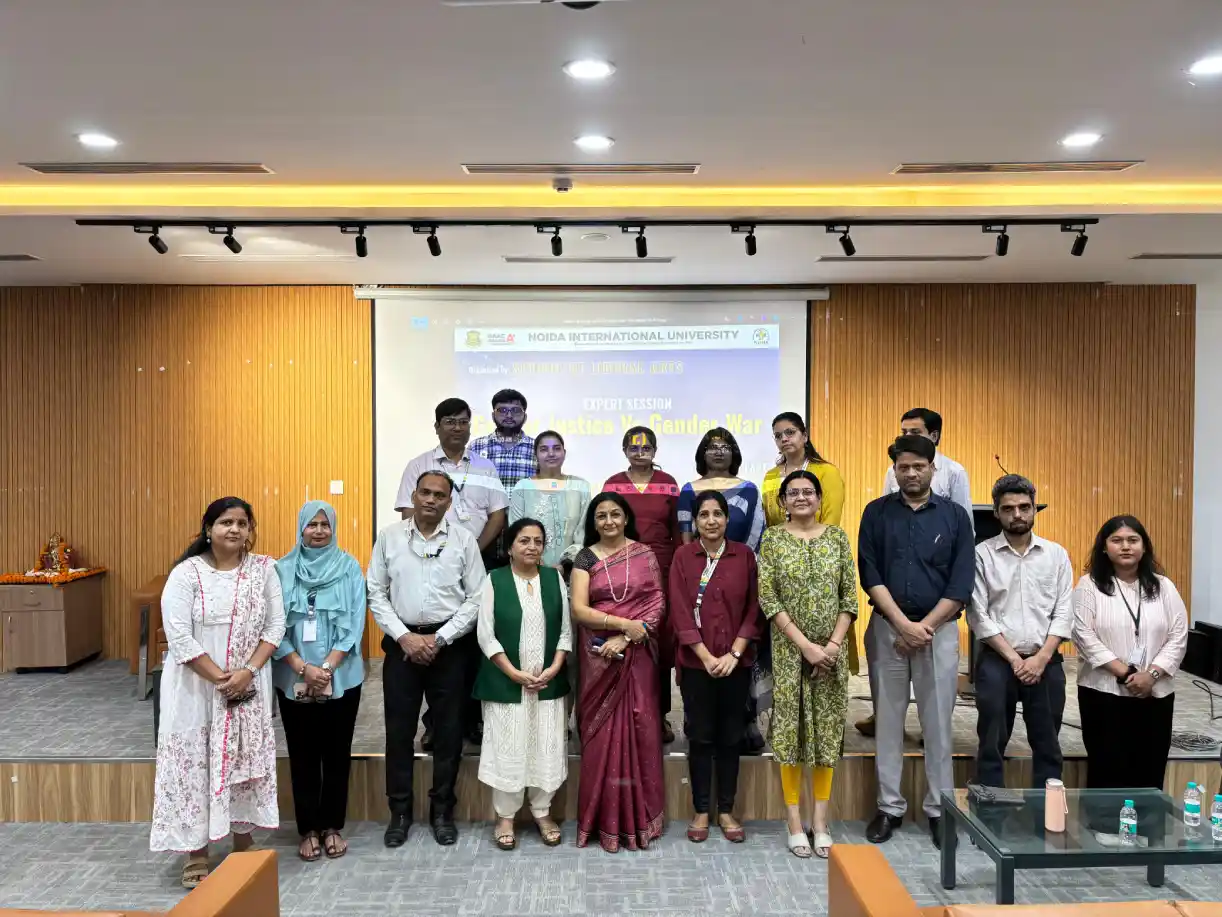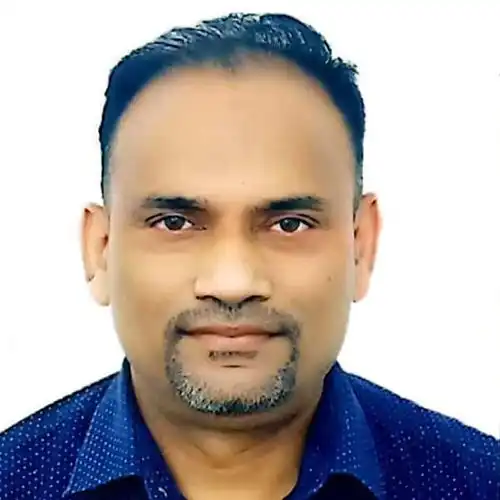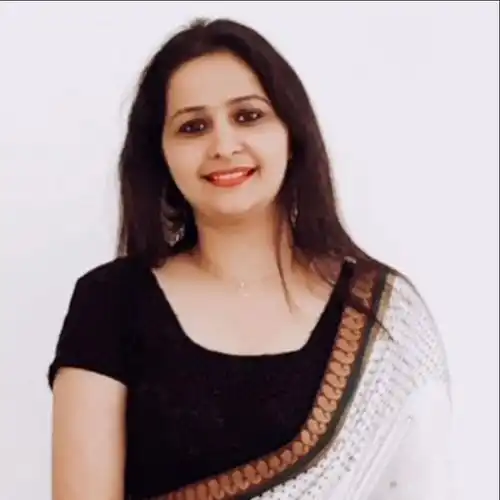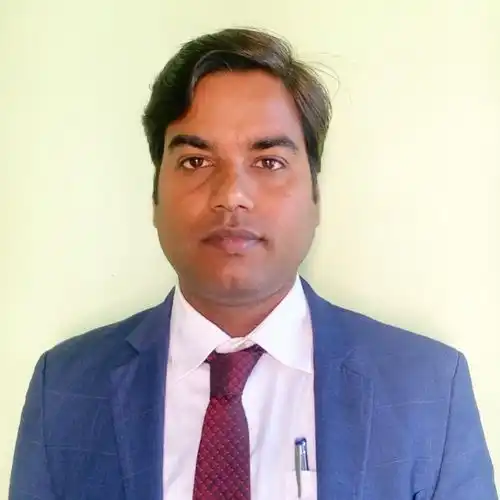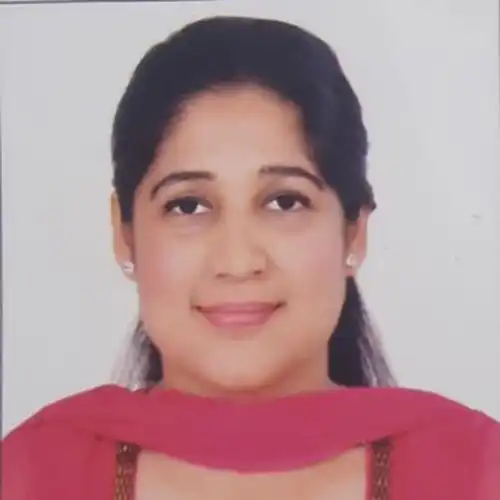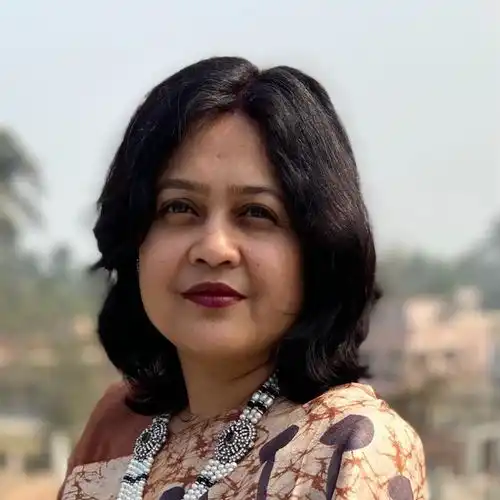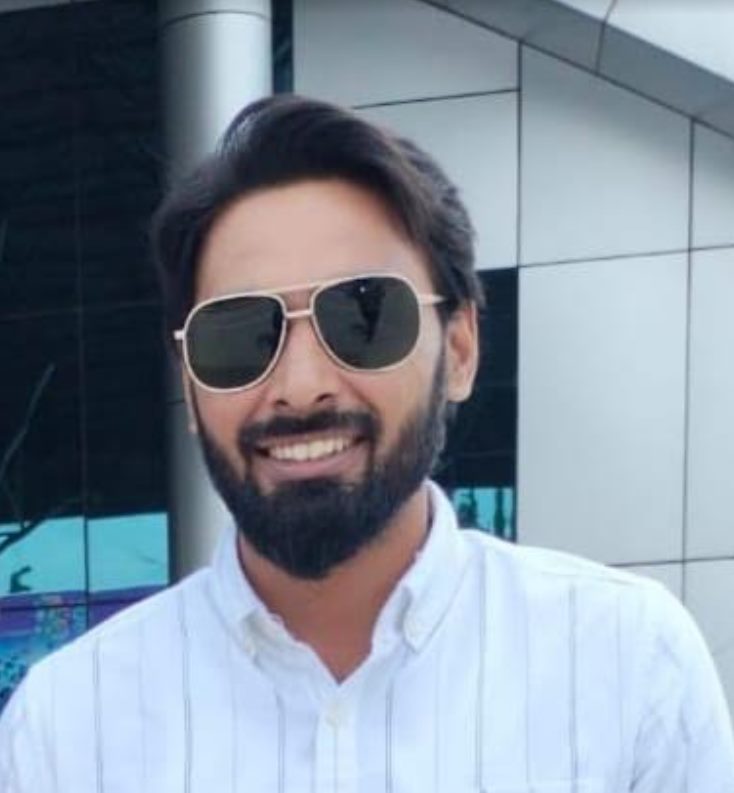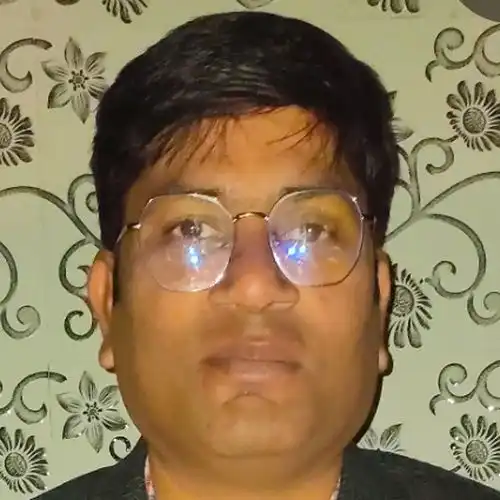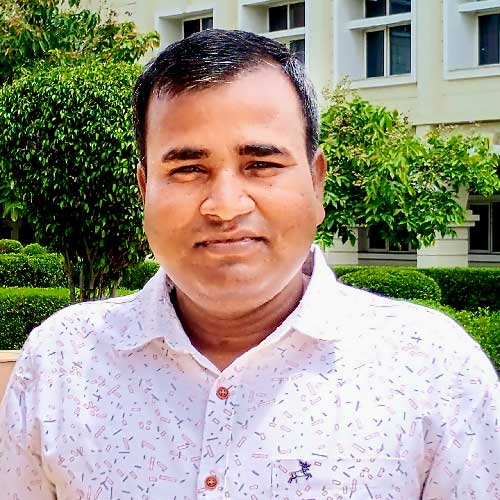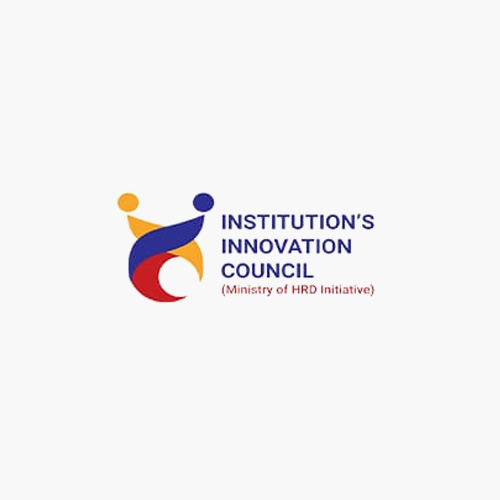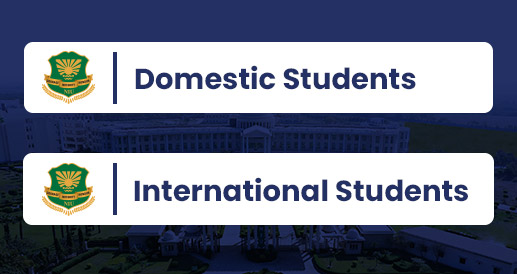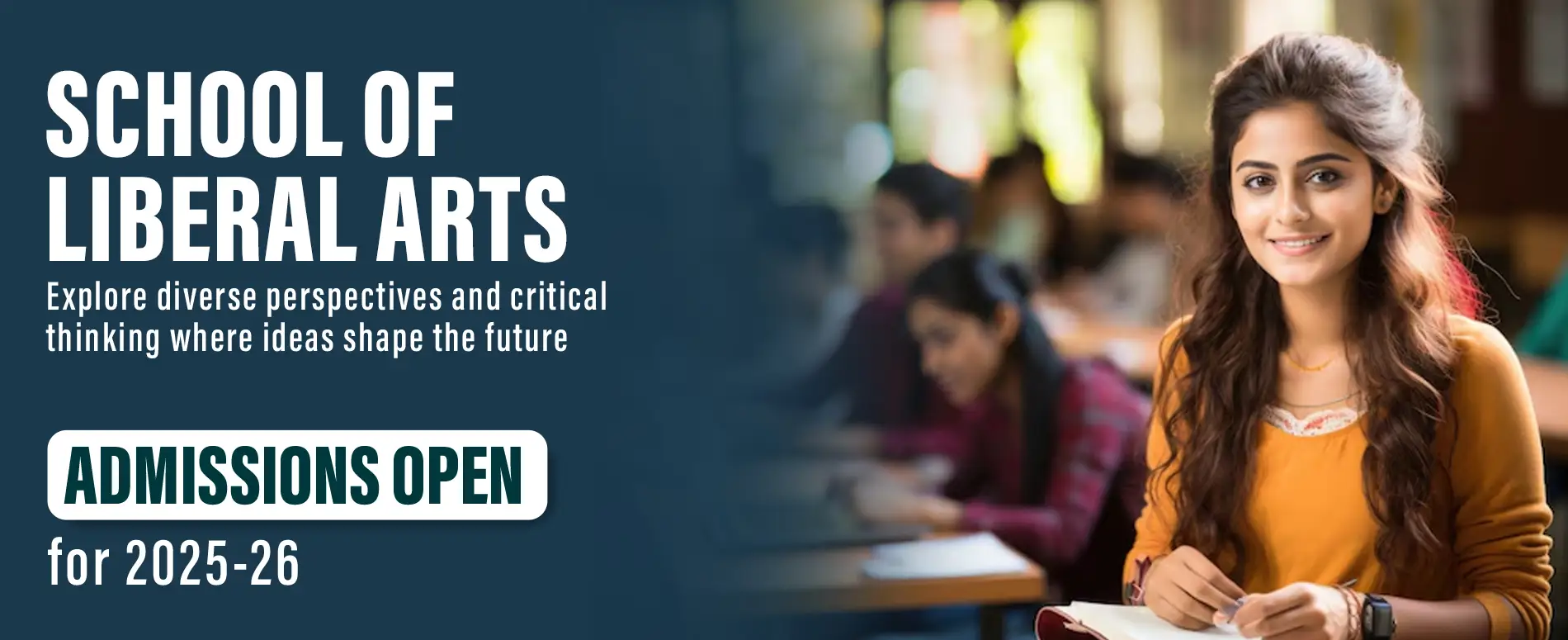
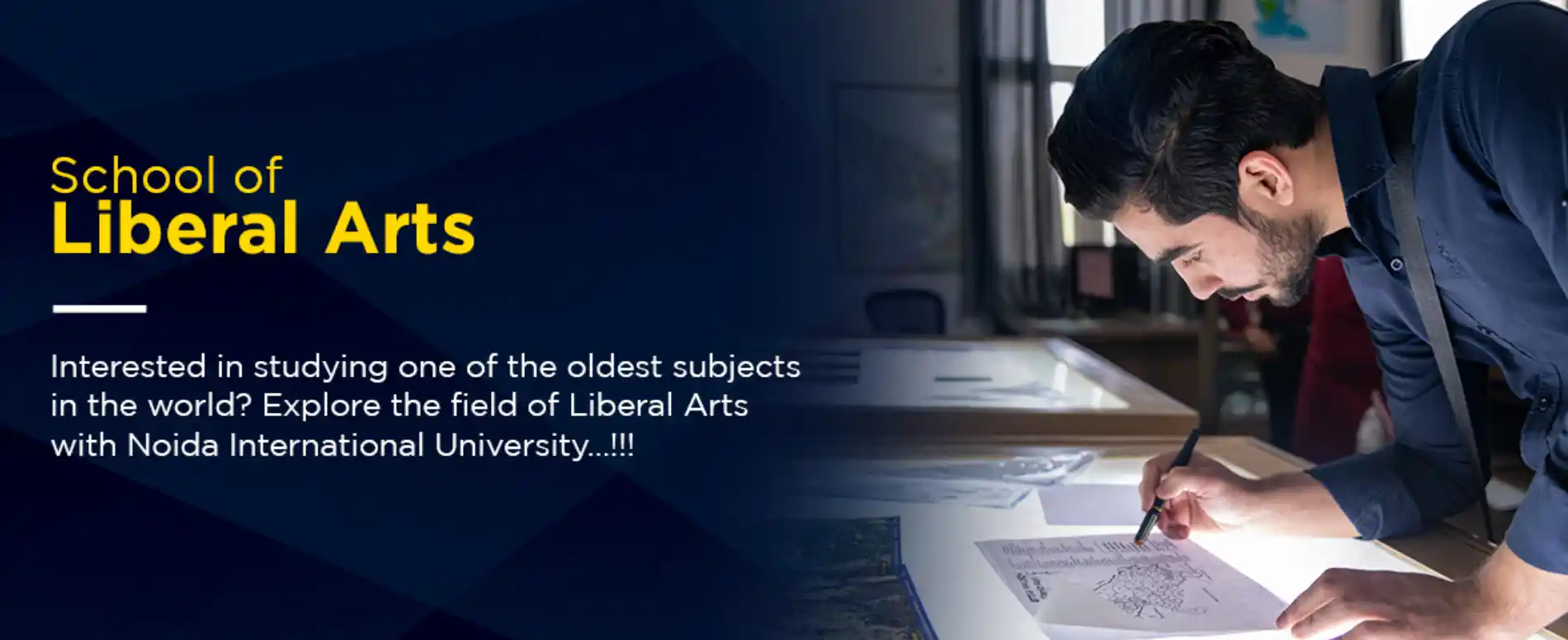
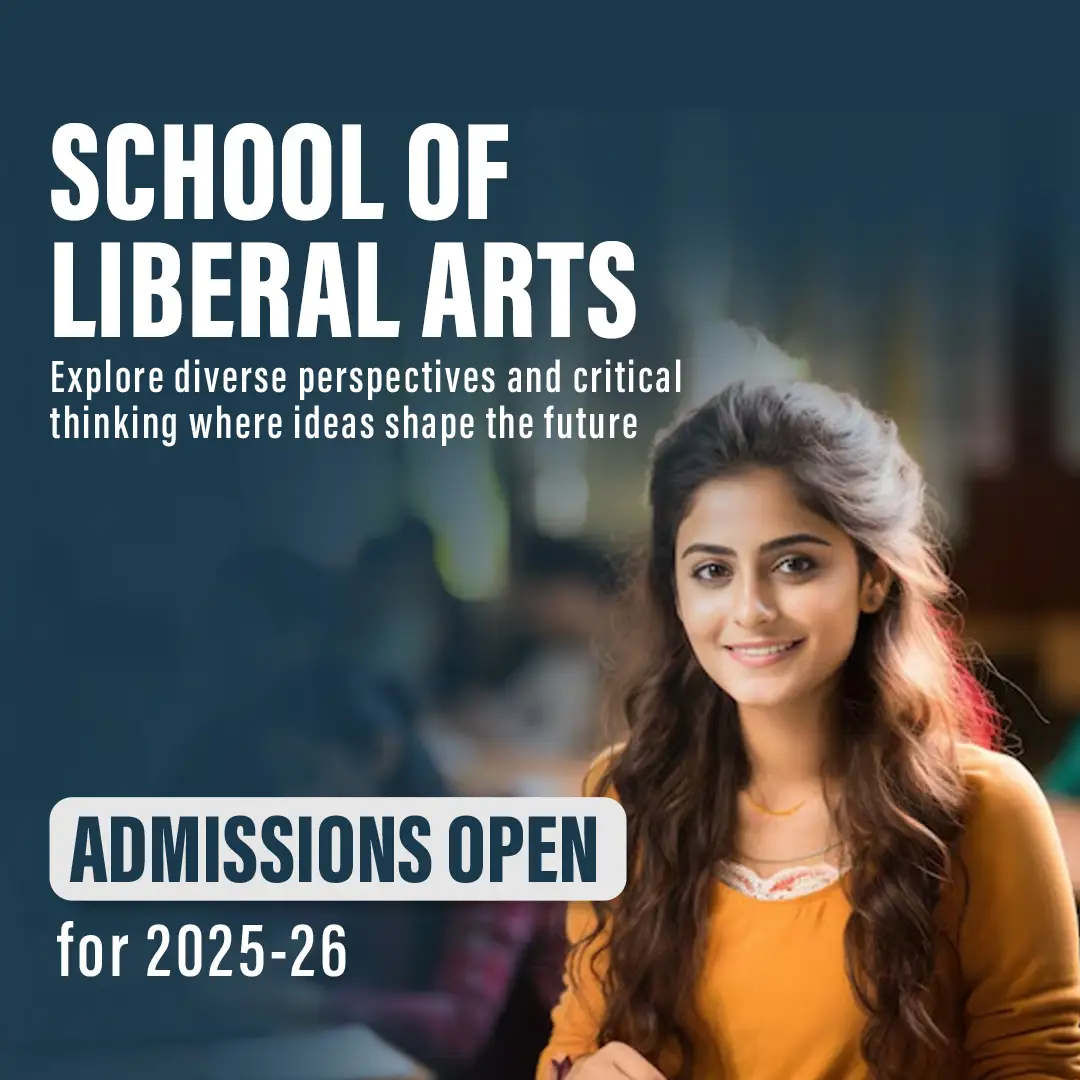
School Of Liberal Arts
Year 2011 marked the beginning of, the School of Liberal Arts at Noida International University. Liberal Arts explore various aspects of human society. It works for the creation and proliferation of philosophy of life skills, critical thinking, imagination, creativity, aesthetics, and pragmatic analysis of life. It helps the students in exploring and viewing the world with a different perspective and prepares them to become better individuals and professionals. The school aims at providing novel experiences to students through activities like – Seminars, Workshops, Guest lectures, Media sessions, Expert talks etc. to name a few.
School of Liberal Arts is a vivacious academic community in terms of teaching, extension activities, and research. There are faculties from diverse backgrounds in social sciences to cater to the various academic needs of the students. There are regular interactions with the industry, NGOs, and government agencies in order to help students gain an understanding of the actual work challenges.
Dean's Message:
In a world that is heading towards materialism, we, the people of liberal studies, try to make it more humanitarian and philosophical. You’ll discover, as a student of the liberal arts, a whole new way of looking at the world with a passion to work for sustainable prosperity. A Liberal Arts degree encourages critical thinking, originality, and creativity, all of which are sought after, by employers. Because of their rarity, employers want to hang on to the creative initiatives and problem-solving talents of emerging social scientists. Values never go out of style; a liberal arts degree is becoming increasingly useful to employers even though more and more jobs are being shelled out by technology. Such exclusive talents that liberal arts serve cannot be showcased by machines.
We offer multidisciplinary education to prepare administrators, academicians, pioneers, artists, etc., to meet the requirements of the modern world. Our aim is to prepare students to face real-world challenges in a pragmatic and sensible manner.
Key Highlights of School:
- School of Liberal Arts, Noida International University publishes annually a UGC CARE Listed Journal – “NIU International Journal of Human Rights.”
- The school provides counselling sessions to help students.
- The School also has student clubs to furnish to the academic and cultural creativity of students.
- All offered courses are structured in a real-world-oriented style and provide a window into the future, in keeping an update with the globalized contemporary social needs, very soon it will implement NEP 2020.
- SLA strives to ignite intellectual curiosity and a passion for lifelong learning.
- The School of Liberal Arts has eight disciplines and offers Graduate, Post Graduate & PhD. degrees in all disciplines.
Our Gallery
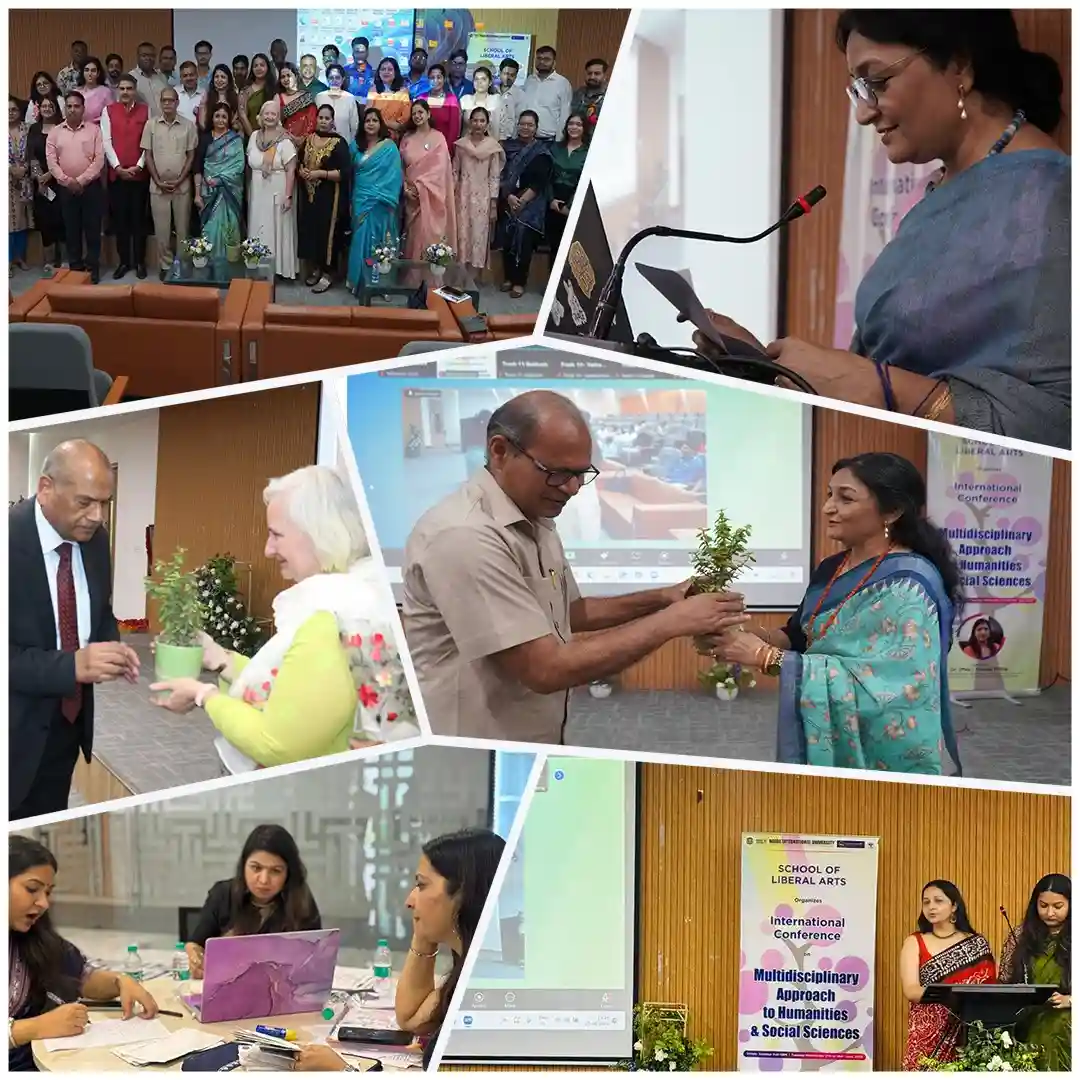
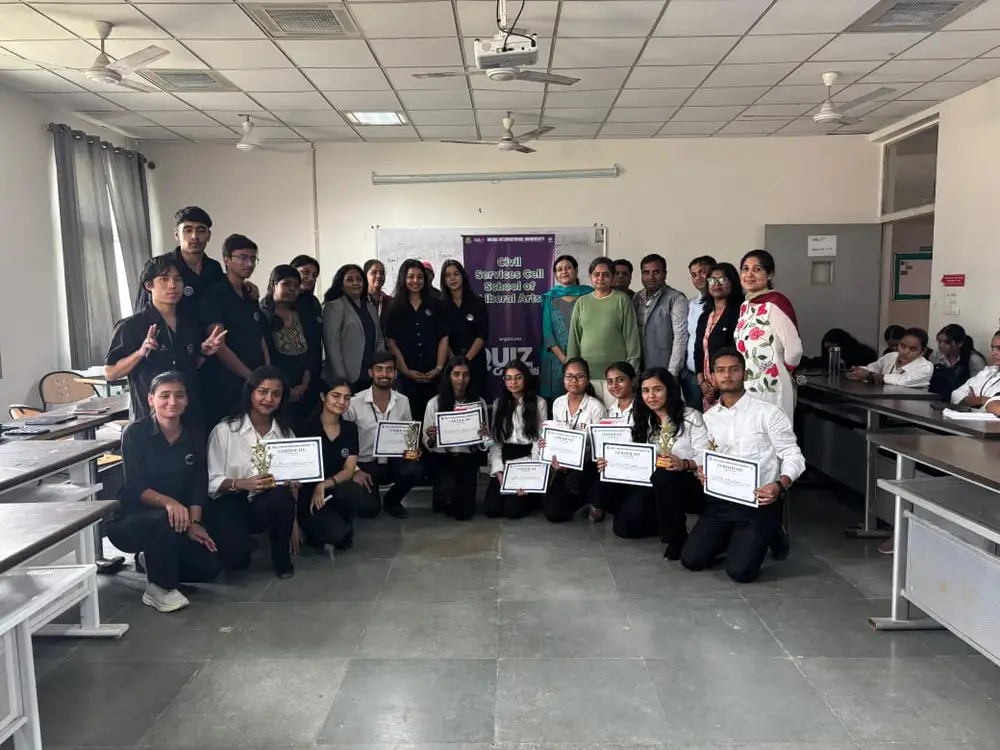
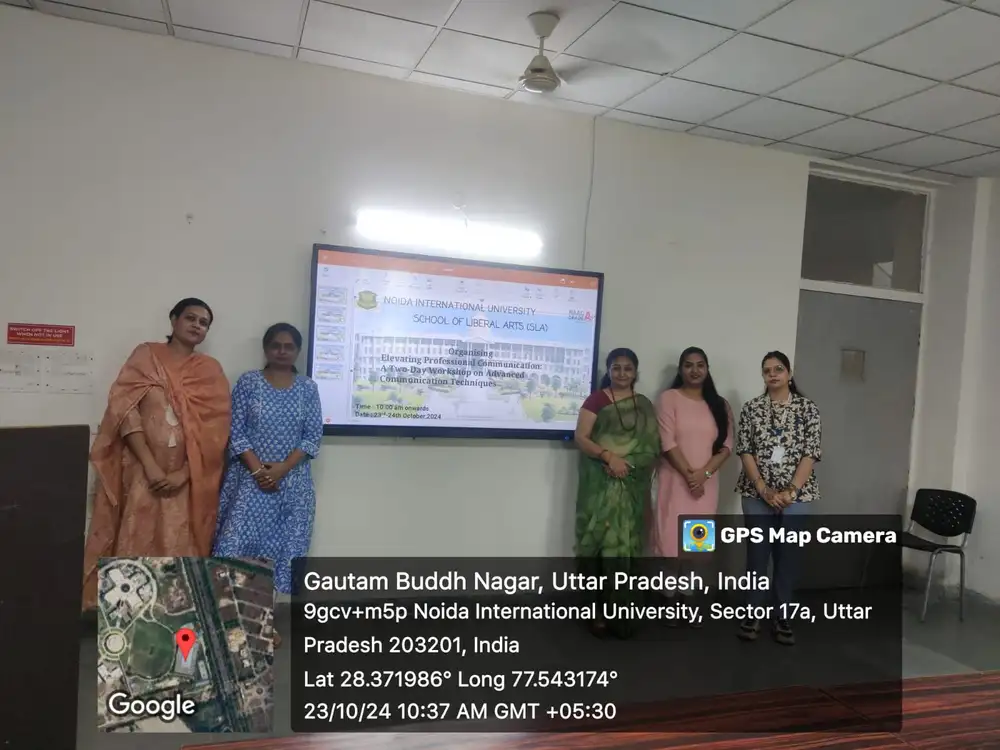
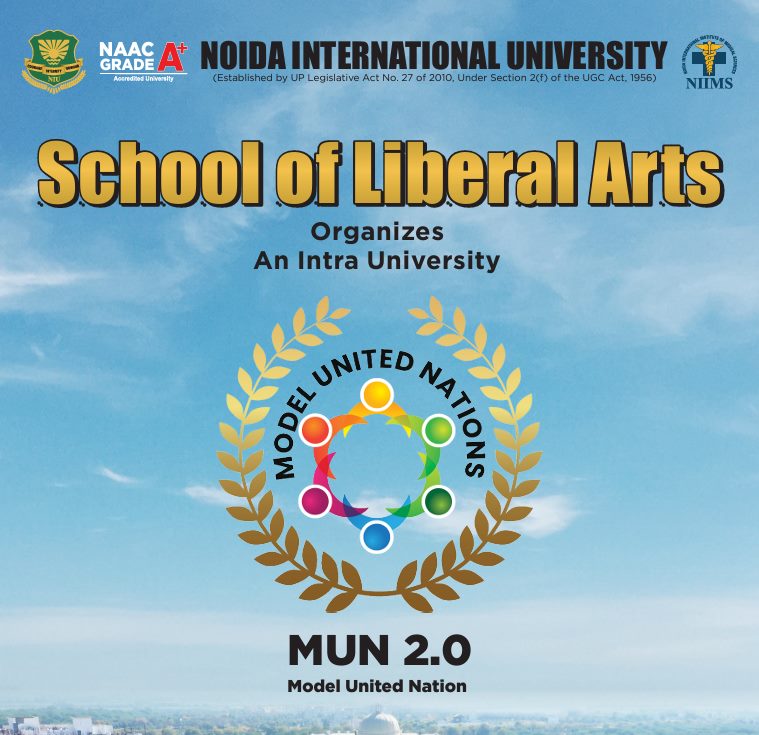

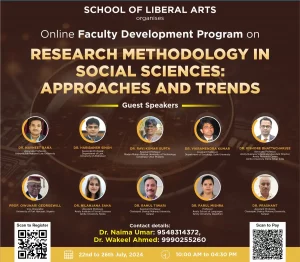
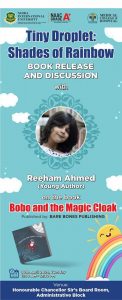
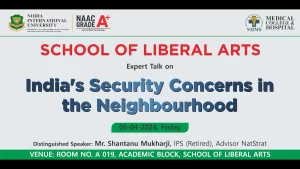
Programmes Offered
| PROGRAM | COURSE | ELIGIBILITY | DURATION | IST YEAR FEE | IIND YEAR FEE | IIIRD YEAR FEE | IVTH YEAR FEE | VTH YEAR FEE | FULL COURSE FEE | Enquire Now |
| BA (Hons) | Bachelor of Arts with specialization in English/Psychology/Public Administration/Geography/Sociology/Political Science/Liberal Arts / International Relations) | Minimum 50% marks in 10+2 | 3 or 4 | 64000 | 65800 | 67800 | 69600 | N/A | 267200 | Enquire Now |
| MA | Master of Arts with specialization in English /Psychology/Geography/ International Relations | Minimum 50% marks in Graduation with relevant subjects | 2 | 54000 | 55300 | N/A | N/A | N/A | 109300 | Enquire Now |
Note:
- INR 10,000 one-time refundable security fee.
- Scholarships are applicable only on tuition fees for the first year.
- An additional INR 2,500 to be paid in the end semester for the award of degree
Syllabus
- BA (Geography Honours)
- BA (History Honours)
- BA (International Relation Honours)
- BA (Political Science Honours)
- BA (Psychology Honours)
- BA (Public Administration Honours)
- BA (Sociology Honours)
- BA(English Honours)
- MA (English)
- MA (Geography)
- MA (History)
- MA (International Relation)
- MA (Political Science)
- MA (Psychology)
- MA (Public Administration)
- MA (Sociology)
- Methode Francais
- Ph.D
Scope
- Spatial Analysis: Examining patterns, relationships, and processes across different scales of space, from local to global.
- Physical Geography: Studying natural landscapes, landforms, climate patterns, and environmental processes.
- Human Geography: Investigating human activities, behaviours, cultures, and interactions with the environment.
- Geographic Information Systems (GIS): Utilizing technology for spatial data collection, analysis, and visualization.
- Urban and Regional Planning: Analysing urban growth, land use, transportation, and infrastructure development.
- Environmental Sustainability: Assessing impacts of human activities on ecosystems and strategies for sustainable resource management.
- Geopolitics: Understanding political dynamics, boundaries, and territorial disputes within geographic contexts.
- Cultural Geography: Exploring the influence of culture, identity, and perception on spatial relationships and landscapes.
- Remote Sensing: Using satellite imagery and aerial photography to monitor changes in the Earth's surface over time.
- Fieldwork and Case Studies: Conducting on-the-ground research to investigate specific geographic phenomena and validate theoretical concepts.
- Foundational Knowledge: Students gain a comprehensive understanding of historical periods, key events, and major figures across different regions and eras.
- Research Skills & Analytical Skills: Emphasis on developing research skills, including primary and secondary source analysis, critical thinking, and historiography. Interpreting data, understanding trends, and making connections across different historical contexts.
- Diverse Areas of Study: Exposure to various fields such as political history, social history, economic history, cultural history, and intellectual history.
- Interdisciplinary Approaches: Integration of methodologies from other disciplines like sociology, anthropology, archaeology, and political science.
- Specialization: In-depth study in specific historical periods, regions, or themes (e.g., Ancient World, Medieval Europe, Modern Asia, Gender History).
- Developing Research Skills: Higher emphasis on original research, including thesis writing, primary source analysis, and historiographical debates. Conducting thorough research using a variety of sources.
- Methodological Training: Advanced training in historical methods, theories, and the use of digital tools for historical research (Digital Humanities).
- Professional Development: Opportunities for internships, fieldwork, and practical experiences in museums, archives, or historical sites.
- Careers after graduation: Teaching at primary, secondary, or higher education levels (often requires additional qualifications). Working in research institutions, think tanks, or as independent researchers. Roles such as archivist, curator, or museum educator are also open options for graduates in History. Government and Public Services like Policy analysis, public administration, and roles in cultural departments or agencies can also be pursued with. Academic Career as a Ph.D. scholar and a career in academia as a professor or researcher.
- Careers after post-graduation: Higher-level research positions in institutions, think tanks, or NGOs. Leadership in Cultural Institutions like Management and leadership roles in museums, archives, and cultural organizations. Public Policy and Administration Senior roles in government, international organizations, or cultural policy-making bodies. Consulting and Writing options like Historical consulting for media, publishing historical books or articles, and engaging in public history projects are also available after post-graduation in History.
- The scope of literature studies in psychology is broad and encompasses a range of topics and areas. Here are some key areas typically covered:
- Historical Foundations: Study of seminal works and key figures in the development of psychological theories and practices.
- Theoretical Frameworks: Exploration of major psychological theories such as psychoanalysis, behaviorism, cognitive psychology, humanistic psychology, and evolutionary psychology.
- Research Methodologies: Examination of qualitative and quantitative research methods used in psychological studies, including experimental design, surveys, case studies, and statistical analysis.
- Developmental Psychology: Literature on human growth and development across the lifespan, including cognitive, emotional, and social development.
- Clinical Psychology: Studies on the diagnosis, treatment, and prevention of psychological disorders. This includes literature on psychotherapy, counseling techniques, and mental health interventions.
- Cognitive Psychology: Research on mental processes such as perception, memory, language, problem-solving, and decision-making.
- Social Psychology: Examination of how individuals' thoughts, feelings, and behaviors are influenced by the presence of others. Topics include social influence, group behavior, attitudes, and stereotypes.
- Biopsychology: Studies that explore the connection between biological processes and psychological phenomena. This includes literature on brain function, neurotransmitters, and the effects of genetics on behavior.
- Health Psychology: Research on how psychological factors affect physical health and illness. This includes studies on stress, coping mechanisms, and health behaviors.
- Industrial-Organizational Psychology: Literature on the application of psychological principles in workplace settings. Topics include employee motivation, job satisfaction, leadership, and organizational behavior.
- Educational Psychology: Studies on how people learn and the best practices for teaching. This includes research on learning theories, instructional methods, and educational assessment.
- Positive Psychology: Exploration of the aspects that contribute to human flourishing and well-being. This includes literature on happiness, resilience, and strengths-based approaches.
- Cross-Cultural Psychology: Examination of how cultural factors influence human behavior and mental processes. This includes comparative studies of different cultural groups.
- These areas provide a comprehensive understanding of human behavior and mental processes, offering insights into both normal and abnormal functioning.
- Skills Developed in Psychological Practicals:
- Critical Thinking: Analyzing and interpreting data, and understanding research findings.Technical Proficiency: Using research tools and software for data collection and analysis. Communication: Writing research reports and presenting findings. Ethical Awareness: Understanding and applying ethical principles in research. Problem-Solving: Designing experiments and troubleshooting issues during research.
A degree in English Literature offers various career options, including roles in creative, academic, public, private, business and many other domains.
- Graduates in English Literature can pursue careers in academia, potentially becoming Professors or Lecturers. They also have the option to teach in schools or work as tutors. Teaching thus is a reliable career choice for English Literature graduates. Coaching centers frequently seek English discipline degree holders, especially those who can teach grammar for competitive exams.
- English Literature students have many career opportunities in the journalism and media industry. They can have rewarding careers in writing, journalism, and content creation, taking up roles such as journalists, copywriters, editors, or technical writers.
- In core media or entertainment industry, they can be voice artists, dramatists, dialogue writes, story writers, stage actors and so on.
- Public Relations (need of all public & private organizations) involves representing a company or client positively to the public. Tasks include writing press articles and releases, seeking suitable PR opportunities, and planning PR campaigns, where an English graduate can be easily accommodated.
- Marketing field focuses on generating interest in a company’s products and enhancing brand reach. It requires a mix of creativity, communication skills, and presentation skills. The advanced communication skills developed during an undergraduate degree in English Literature are particularly beneficial for careers in marketing and advertising.
- Talent for writing (a feature of English studies curriculum) in a relatable manner, consider a career in content writing or blogging. This path allows one to write on topics one is passionate about, be it fashion, technology, animals, or academics and much more.
- In today’s digital era, Digital and Social Media Marketing are thriving. English graduates can leverage their creativity and communication skills to craft engaging campaigns and strategies for digital and social media marketing.
- English graduates and postgraduates are eligible to make their destiny in various competitive examinations like, Bank PO, State & Central Civil Services, Armed forces etc.
- Thus, English Studies is a vast field which provides opportunities in abundance, to its graduate, masters and research students.
The word ‘Administration’ has been derived from Latin words: ‘ad’ and ‘ministiare’ which means to serve. Therefore, Public Administration means “to serve or look after people or citizen”.
- Public administration has two main jobs. The first job is to give services people need. The government gives important services like financial assistance to poor people, health care, schools, transport facility and security. Public administrators organize and manage these services.
- The second job is to guide political executives in making rules for things that affect people's lives. The government needs to make rules for businesses, trade, security and the economy so people get a fair deal. Public administrators assist to make and carry out these rules.
- Public administration works at all levels of government- local, state and union level. At the local level, they do programs for things like cleaning, water and buses.
- At the state level, they deal with police, hospitals and schools. Finally, at the union level, they manage things like the military, dealing with other countries and trade.
- Public administrators have an important but difficult job. They have to do what politicians want. At the same time, they should be fair and serve all citizens equally. They must please different groups while using limited resources.
- Public Administration is nothing but ‘government in action’. Public Administration is the implementation arm of the executive.
- Public Administration is responsible for the implementation of government policies, programmes and laws.
- A Government can exist without a legislature or an independent judiciary. But no Government can exist without administration. So, it is Basis of the Government.
- Public Administration is highly relevant to the civil services exam. The subject basically gives you an idea about government mechanisms. In future as an administrator, you should have this knowledge.
- Public Administration is known for its high scoring potential and success rate. It is widely opted by civil services aspirants. With the right guidance and strategic preparation, one can get good score in public administration optional in UPSC.
- As a teaching subject at university/college level, students of public administration can appear in UGC-NET examination for assistant professor.
- This programme will help students regarding government’s jobs and giving an opportunity to make their career at various platforms such as international organisations, policy analysts, and political consultant, in different agencies of the state, the media. The programme will provide as a foundation for research in higher education like PhD programmes.
- Political Science is one of the disciplines among social sciences which deal with the study of state and its role in domestic and international context. This course is an introduction to politics in the globalized world where there are two significant method of reasoning the discipline like political science tries to enhance understanding and explaining cross-country differences and cross-time differences between countries.
- Having completed the course students will be able to explain or how to use specific qualitative and quantitative methods in political science more specifically interviews, data collection, questionnaire and construction of a different techniques and tools which will enhance their skills to understand the nature of the world around them.
- At the global level of politics where the traditional models like states were the important actors and in the present globalized world in which globalization paradigm is dominating global politics although, states are still significant actors but there are others MNCs or TNCs and international organization emerged as an important actors. In the contemporary world, issues terrorism, environment or climate change, disarmament, and relations among nations are analysed.
- As the result of the interaction among political actors such as political leaders, judges, institutions, political parties and citizens or voters etc there are some political outcomes, students should be able to assess these outcomes such as status of economy, education, health and the most important in democratic countries is the satisfaction with the democracy itself.
- As discipline like political science advances with the passage of time, in contemporary context, the discipline meets the full circle focused from institutions to behavioural aspects to a combination of behaviour and institutions come again in political analysis among political scientists.
- Political Science gives an opportunity to those who opted as a subject for UPSC aspirants and UGC-NET for the purpose of becoming teacher/professor at school/university levels respectively.
- Political Science can be studied in interdisciplinary framework.
- Foundational Knowledge:With the course of B.A. International Relations (Hons) Students will be able to gain a broad understanding of the core concepts and theories in international relations, including major actors, power dynamics, and historical context.
- Developing Core Skills:It provide to learn and develop about the sharpen critical thinking, research, writing, and communication skills applicable to international affairs.
- Global Issues Exploration:Students can analyze contemporary global issues like conflict resolution, human rights, international trade, and environmental challenges.
- Introduction to Regional Studies:Students will be able to receive an introductory overview of political, economic, and social issues in specific key regions of the world.
- Preparation for Further Studies:Students can bring to build a strong foundation for pursuing an M.A. in International Relations or other further studies/related fields.
- Advanced Specialization: Students will be able to get deep knowledge in a specific area of international relations, like security studies, international political economy, or global governance and get jobs in such fields.
- Research and Methodology Focus: Most of students must have the focus to be part of research activities. They develop advanced research and analytical skills through projects and master's dissertation.
- Potential for Internship or Capstone Project: They will be the part of any projects and gain practical experience through internships, and research projects.
- Preparation for Advanced Careers: Qualify for professional roles in government, international organizations, or research institutions.
- Focusing on student benefit: Incorporating civil service preparation into the program would be a valuable addition for students. It would not only enhance their subject knowledge but also raise their awareness of key issues.
The scope of sociology is quite broad and encompasses the study of society, social institutions, social relationships, and human behavior within social contexts. Here are some key areas that fall within the scope of sociology:
- Social Institutions: Sociology examines institutions such as family, education, religion, economy, and politics. It explores how these institutions function, evolve, and impact individuals and society.
- Social Structure and Social Organization: This includes studying social hierarchies, social classes, social mobility, and the patterns of relationships and interactions within societies.
- Culture: Sociology analyzes cultural norms, beliefs, values, symbols, and practices within different societies. It explores how culture shapes individuals and societies, and how it changes over time.
- Social Change: Sociologists study processes of social change, including modernization, globalization, urbanization, and technological advancements, and how these impact societies and individuals.
- Social Stratification: Sociology examines inequalities based on factors such as class, race, gender, ethnicity, and age. It explores how these inequalities are structured, maintained, and challenged within societies.
Social Movements and Collective Behavior: Sociology studies the emergence, dynamics, and impact of social movements, protests, revolutions, and other forms of collective action.
There are three main areas of employment for Sociologist, i.e., teaching, research and working in various project work or museums. Research jobs are available in organizations like Archaeological Survey of India, the Planning Commission as well as international organizations like the United Nation’s UNESCO or UNICEF also require their services.
A well trend students in Sociology can work in reputed institutions like ISI (Kolkata), IISc (Bangalore), IIAS (Shimla) as a project manager, research assistant, etc.
Apart from government sectors like teachings, analyzing the policies, researching (as a RA, project managers, etc.), a student of sociology should be thorough with the theoretical orientation and the relevant research methodologies for further studies and employment opportunities in places such as NGO’s, research institutes, etc.
If someone is interested to work on tribal communities, Sociology is better option for him/her. There are many possibilities of rural as well as tribal tourism.
As a trained in Sociology, one can work as a project director or research associate. Various institutions like TISS, ICSSR, ISI, ASI, etc. in India, in which one can get job or anyone can work independently. WHO, NSSO, NGOs, etc. are a few other social sectors where trained person gets attractive salaries in India.
Apart from the counsellor, one can work as human resources (HR) representative and can use his/her problem-solving skills to mediate conflicts and resolve personal or organizational issues. One can also use his/her skill in the project of a social survey on social problems like poverty, discrimination, environmental degradation, and over population-related issues conducted by many government institutes and NGOs.
There are many commercial institutes, agencies, and industries that offer jobs for ‘market research analysts’ who test commodities, services and evaluate the effectiveness of marketing campaigns. A well-trained student of Sociology, many opportunities are also hidden in independent journalism, but for this, there should be a good grip on social issues and ground social realities.
Video Gallery
- DEAN'S PROFILE
- FACULTY PROFILE
- GUEST FACULTY
Prof. (Dr) Aparna Sharma
Dean, School of Liberal Arts, NIU
Read Profile
QUAISAR ALAM
Professor
Dr. Rachna Davi
Associate Professor - English
Dr. Sangeeta Mishra
Assistant Professor
MANJU KUNDU
Assistant Professor
Mr. Jay Prakash Vishwakarma
Assistant Professor
Dr. Sudesh Sangwan
Assistant Professor
Dr. Vinod Kumar Singh
Assistant Professor
NAIMA UMAR
Assistant Professor
Dr. Wakeel Ahmed
Assistant Professor
NANCY PURI
Assistant Professor
Dr. Soumi Banerjee
Assistant Professor
Mr. Mohammad Mohnish
Assistant Professor
Dr. Shraddhesh Kumar Tiwari
Assistant Professor
Dr. Devi Prasad
Assistant Professor

NIU is one of the best international university in Delhi Ncr. I am a fourth semester BA Student. Till now my experience with NIU is very good. All the faculty members are very helpful. Education system is also very good. I am very happy to be a part of this university.
Turkmenistan

NIU is one of the best university in India. All the teachers and friends are very helpful. Education system is also very interesting.I am very happy for being a part of this university
YEMEN

" Noida International University has given me an astonishing platform for the overall growth and development. Every faculty member of MBA department continuously provided assistance to grow in academics and my skills. NIU Placement is working hard for all students to get placed. "
Tejesh Kumar
PinClick

Noida International University has provided us a very efficient platform for the exposure to the training and placement. I am very grateful to the university for providing us the best of placement opportunities and finally I got placed in HDFC and taken the first step to fulfilled my dreams.
Divesh Ranjan

I was pleasantly surprised by the beautiful campus and the quality of facilities that Noida International University provides. Eventually the excellent pedagogy of the teachers and the amazing help I received to enhance my skill and improve my knowledge convinced me of the Excellency of Noida International University.
ISHITA TYAGI
PROVOGUE

Noida International University has always believed in helping and guiding its students and it was no different during the placement season. Regular classes held at our college to help us with our legal studies and skills were of great help. Our placement administration officers also guided and encouraged us at each step thereby helping me secure my placement at such a reputed company.
Monika Nahata
SALTEE GROUP

I would like to thank our faculty members who have provided a very supportive environment. NIU undertakes and promotes various managerial, cultural, creative and many other diversified activities, which reflects the grand vision of the NIU and all such activities, helped in my overall development. I also like to thank our placement division who had provided us ample of opportunities and finally got me placed with Capital Brix
SIMRAN SINGH
Capital Brix Pvt. Ltd.

Noida International University has been a great contributor towards the development of my personality. The infrastructure of Noida International University is one of the finest in the NCR region is what stands out the most. NIU, has best faculties with an attitude of being ever ready to help, and not only delivering classroom teachings, but also providing the students with real-time case technical projects and hands on industry experience with field work.
Shruti Priyaq
Acadecraft Pvt. Ltd.

It been some of the lovely and memorable days I spent in Noida International University. NIU & its wonderful faculties are very cooperative and university environment is really good. Placement department has continuously provided assistance and gives opportunities in some of the best organizations in our country. NIU has made the best efforts to provide all the facilities for the students like Faculties, events, sports, etc.
Priyanka Singh
SSSI

I'm so thankful that I chose Noida International University for my B.Tech program. I cherish the moments spent under the guidance of eminent faculty members, my mentors and Career Development Team. I highly recommend the University for giving an excellent learning environment and shaping my career.
KRISHNA PANDEY
Ingenious Energy Infratech Pvt. Ltd.

I am doing MA from NIU and I like the university and I am very happy to be a part of this university. This is one of the best university in Delhi (NCR). I select this university for the best environment and good library and also the behavior of teachers and friends are also very good. I am not feeling like outside to my country. The study quality is also very best
AFGHANISTAN

It was my golden phase during my tenure at Noida International University where I learnt and take a leap forward towards my career growth. The entire faculty and department leaves no stone unturned to shape one's future. It’s been a wonderful experience of learning with prolific exposure to outside. A big thanks to the Placement Team of Noida International University for providing great opportunities and supporting me by providing best career option.
Nadeem Alvi
Paytm Services Pvt. Ltd.
